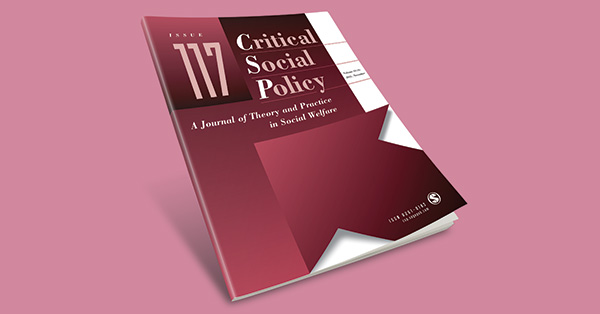
Abstract
The environmental crisis, increased inequality and an aging population are likely to increase the demand for welfare services in the OECD countries. Economic growth has long been seen as a solution to these problems. However, this is no longer the case. Very few countries have managed to decouple economic performance from ecological footprints and greenhouse gas emissions. Even where this has been achieved, the rates of emission-decline are too slow to match the Paris climate targets. Consequently, interdisciplinary research is key to probe how welfare systems may cope with these challenges, and how welfare provision and economic growth may be decoupled. By drawing on the basic human needs approach and a unique set of data, we explore the social and ecological performances of OECD countries relative to their economic performances. While high-income countries display diminishing welfare returns as economic performance is not improving the satisfaction of health-related needs, the lower-income countries might yield significant surplus if moving to the level of moderate-income countries. However, the satisfaction of autonomy-related needs is so far strongly coupled to economic performance and thus much harder to achieve in an ecologically sustainable way.
Paulsson, Alexander / Koch, Max / Fritz, Martin (2024): Diminishing returns of growth? Economic performance, needs satisfaction and ecological impacts of OECD welfare states. In: Critical Social Policy, 0(0). https://doi.org/10.1177/02610183231218971

